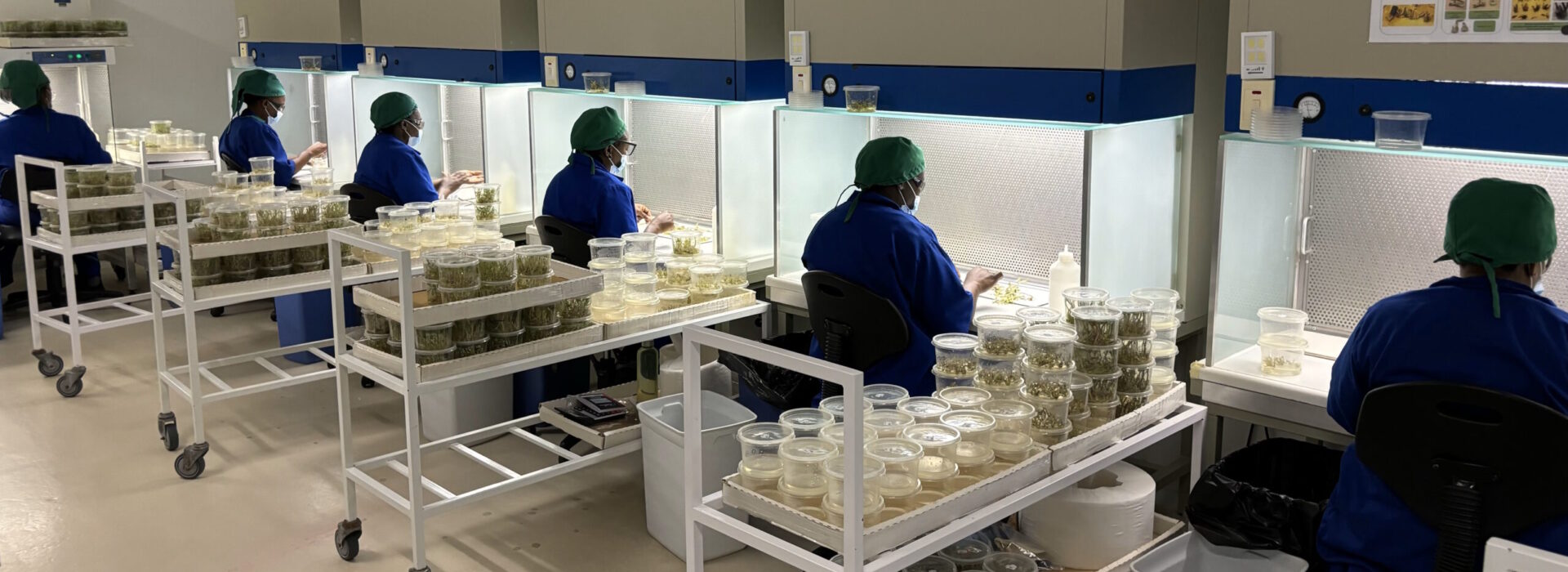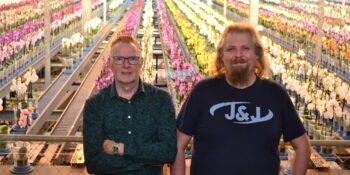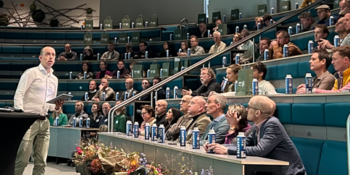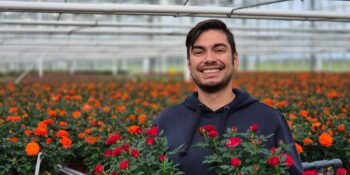Certifications have traditionally focused on farming and greenhouses. A groundbreaking project in South Africa is about to change that. At the Van Zanten Breeding tissue culture lab in South Africa, alstroemeria and freesias are propagated from Dutch mother stock, after which they’re exported back to the Netherlands or to customers in Australia, New Zealand, Japan or North America. After completing the pilot, an MPS-C certification was awarded. Laboratory manager Johan Niemann-Liversage tells us what is so special about this.
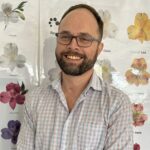
Johan Niemann-Liversage
Van Zanten Breeding’s tissue culture laboratory, which employs 48 permanent staff, entered into a pilot study with MPS last year, in order to form a base line for tissue culture labs. “Previously only greenhouses were certified, which makes this a special project,” Niemann-Liversage explains. Since there are no other tissue culture laboratories certified, the South African lab cannot be compared to its peers – something that normally is the case within MPS-ABC. Yet, it shows that it is possible to participate in MPS-ABC as a laboratory, which makes this pilot successful. This pilot provides input to evaluate how MPS-ABC can do justice to tissue culture practices in the future. “We want to let customers know every step in the chain is transparent, from end product all the way to the very beginning.”
Tracking everything that’s consumed
Because this kind of supply chain tracking is new in tissue culture labs, there were some challenges. “We’re still identifying the baseline for tissue culture labs, in connection with Wageningen University & Research. It will be a challenge to look for alternatives to less sustainable inputs, as each specific variety requires its own specific inputs to grow.”
Looking for alternatives
It’s been worth the effort though, Niemann-Liversage believes. “We have to look for alternatives now, but then, why not change over time? Not just to reduce our carbon footprint, but also for longer, sustainable growth of the plants. We’re seeing an increased awareness of the long-term sustainability impact within the team now as well – there’s been a mindset change, which fits our motto: ‘we care, so we act’. For example, we’re already in the process of researching some alternatives to possibly replace a few components that came out of the audit with a higher impact rating.”
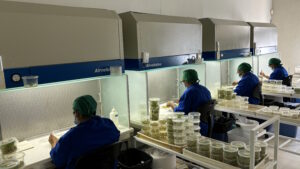 Bringing a mindset change to tissue culture labs
Bringing a mindset change to tissue culture labs
Niemann-Liversage argues that such a change in mindset is beneficial to the entire industry. “It’s very important to have the entire supply chain certified. A lot of certification systems are more focused on farming and greenhouses, while the start of the process is often overlooked. Knowing that not only are the end products hardened off in a sustainable greenhouse, but all steps before that are also done sustainably, will give peace of mind to customers and help us hold ourselves accountable for our environmental impact. A mindset change is in order: think before we act, looking for new alternatives and innovations.”
